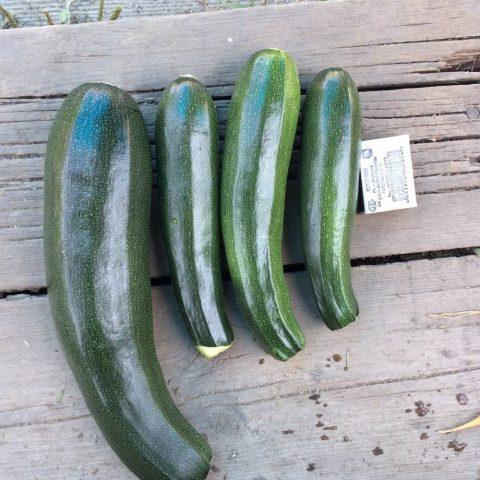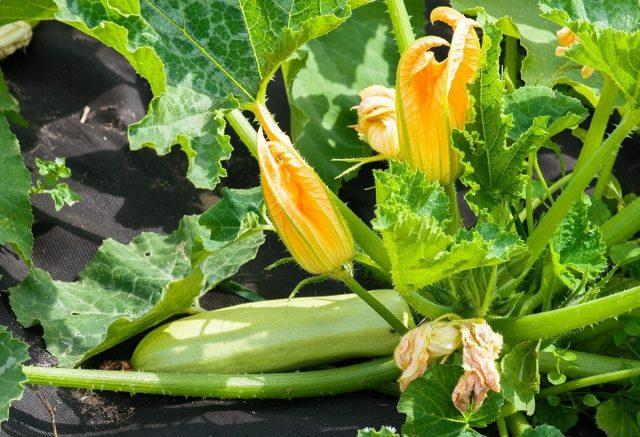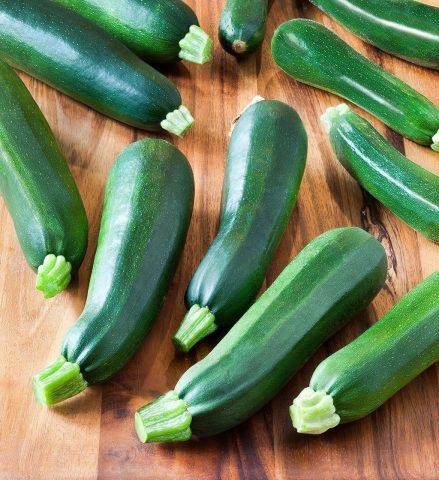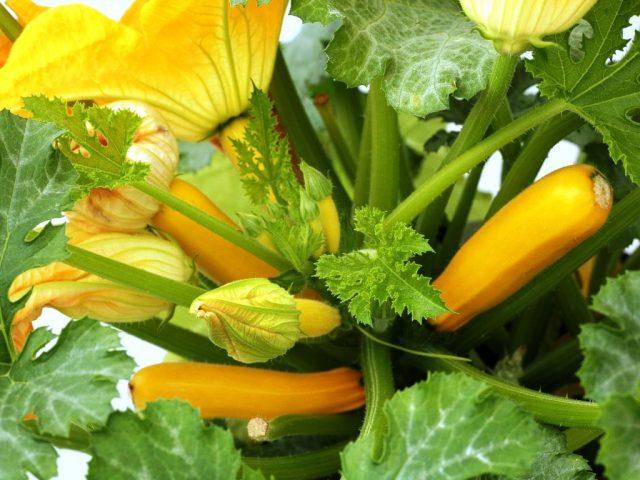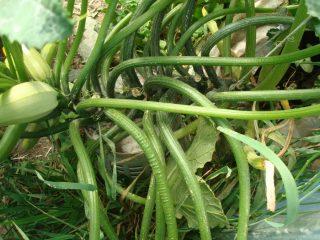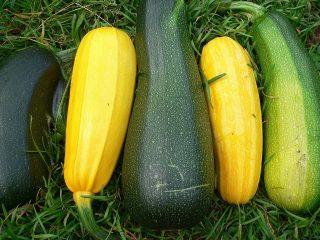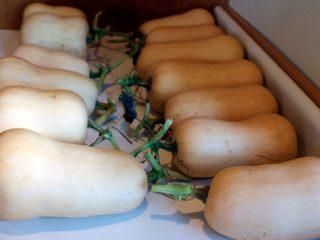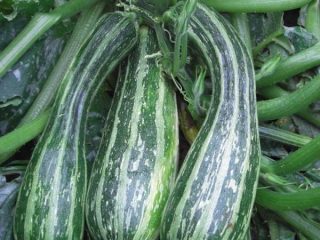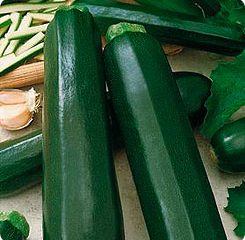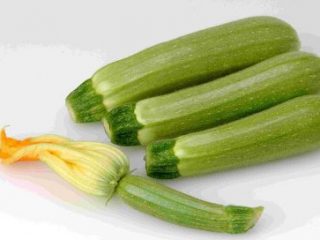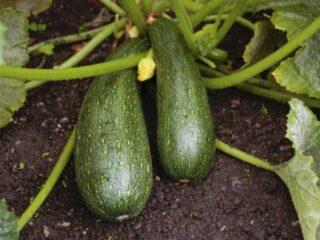Content
Growing zucchini in bags is an unusual way of planting vegetables, which is practiced by gardeners in order to obtain an early harvest of vegetables. It is also used when the garden plot is small, but you want to grow many different crops. After all, such a bed can be placed even in places with infertile soil and still get a good harvest. For the idea to be successful, it is necessary to study the features of growing zucchini in bags. Otherwise, the end result may be radically different from the desired one.
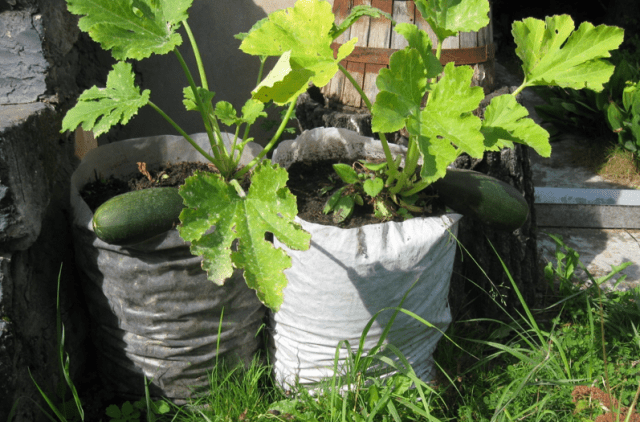
This method of planting vegetables is suitable for the central and northern regions of the country.
Is it possible to grow zucchini in bags?
Zucchini can be grown in bags, just like cucumbers and tomatoes. Then the crop grows of excellent quality, no worse than in open ground, but such a bed does not take up much space on the site. But for this you need to stock up on thick bags with a volume of at least 120 liters, because, as you know, zucchini belongs to the category of large-sized ones, and they require sufficient nutrition throughout the growing season.
The main advantages of growing vegetables in bags:
- early fruiting;
- there is no need for regular weeding;
- possibility of placement in places not intended for landing;
- rational use of the site area;
- ease of care and harvesting.
However, to obtain a good harvest of zucchini using this method, it is necessary to carefully prepare the substrate for filling the bags, since it will not be possible to change its composition during the season. Therefore, you need to take into account the basic requirements in advance so that problems do not arise in the future.
Suitable varieties
To grow zucchini in bags, you must initially select the right varieties. Experienced gardeners recommend giving preference to bush forms of crops with a compact size, since vine plants will hang down and their shoots will break under the weight of the fruit.
Also, when choosing, you need to pay attention to the ripening period of pumpkins. Early ripening varieties or hybrids are suitable for early harvesting. And in order to obtain fruits throughout the season, it is recommended to plant species of different ripening periods.
The most suitable crop varieties for growing in bags:
- Aeronaut. Early ripening zucchini, the growing season of which is 35 days. The fruits are aligned, one-dimensional, 18-20 cm long. Their average weight is 1.5 kg. The peel is thin, does not harden for a long time, and is dark green in color. The pulp is white, delicate consistency, dense.
Zucchini Aeronaut is suitable for dietary nutrition
- Dinar. A super early hybrid, in which the first zucchini ripens on days 38-40, and the fruiting period is two months. The bushes are compact in size, with short internodes. The fruits are light green in color and have an elongated cylindrical shape. They have slight ribbing on the surface, especially in the stalk area.The pulp is dense, crispy, juicy.
Dinar is suitable for processing and preservation
- Pharaoh. The variety was registered in 1999 and is recommended for cultivation in the North-West region. The length of its main stem is 47-50 cm. The pumpkins of the Pharaoh variety are cylindrical, smooth, leveled, weighing about 800 g. The peel is of medium thickness, dark green with small light dots. The yield is 6.7-15.5 kg per 1 sq. m.
Pharaoh zucchini is resistant to temperature changes
- Golden. A time-tested variety that received registration in the State Register in the 80s of the last century. It begins to bear fruit 48-50 days after planting. Zucchini is bright yellow, up to 15 cm long and weighs about 0.5 kg. The peel is dense and smooth. The crop tolerates transportation and long-term storage well. The pulp is cream-colored, dense, tender, juicy. A variety for universal use.
The yield of Zolotinka reaches 6-8 kg
Preparing for landing
To successfully grow zucchini in bags in open ground, you need to properly prepare the soil and seeds. The volume of the future harvest directly depends on this.
First of all, you need to fill the bags with dry leaves, grass, paper, tops. The organic layer should make up 1/3 of the total volume. It needs to be compacted well and watered generously with Baikal solution. After this, it is recommended to close the bags and keep them in a sunny place for ten days, which will activate the transformation of organic matter into a nutrient layer. In addition, during this process energy will be released, which will create the effect of a warm bed and speed up the growing season and fruiting of zucchini.
After this, it is necessary to pour a layer of nutrient soil mixture on top of the organic matter to the top of the bag.To grow zucchini, it must have good moisture and air permeability and have a neutral acidity level. Therefore, it is recommended to mix turf, humus, and leaf soil in equal proportions. Additionally, you need to add 200 g of wood ash to the substrate and mix everything thoroughly.
For 2-3 days, the soil for growing zucchini needs to be watered with a solution of Fitosporin to disinfect it. Immediately before planting, it is recommended to make holes in the bags to drain excess water during watering. This will eliminate the possibility of rotting of the root system.
Zucchini seeds for growing in bags need the same preparation as when planted in open ground or a greenhouse. Therefore, a day before the procedure, they need to be soaked in a solution of Zircon or Epin for 10-12 hours. After this, immerse the seeds for 15 minutes in the working liquid of potassium permanganate, and then wash with plain water and dry slightly. After this, you can begin planting.
How to plant zucchini in bags of soil
Successful cultivation of zucchini in bags in the garden directly depends on how correctly the planting is done. Therefore, it is worth familiarizing yourself with the features of this procedure in advance.
You can start sowing when the air temperature warms up to +15 °C. Therefore, the favorable period is the end of April, the beginning of May. In this case, the lower layer of organic matter will not allow the cold coming from the ground to pass through, which guarantees the smooth emergence of seedlings.
In the center of the bag you need to make a small hole 2 cm deep, then water it, put two zucchini seeds and sprinkle them with soil. After this, cover the planting site with a plastic bottle to protect it from possible frost.
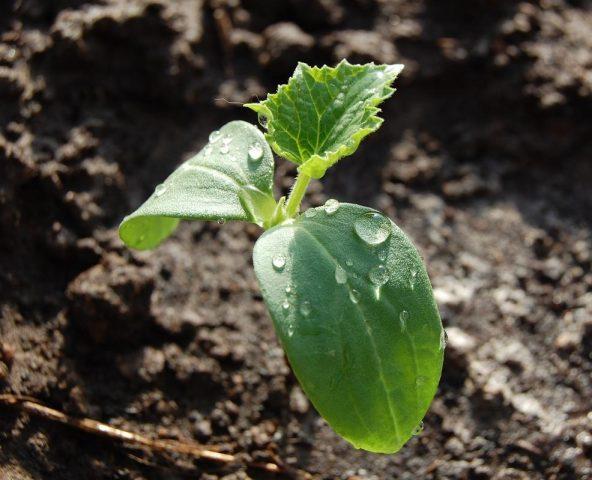
Under favorable conditions, zucchini germinates in 3-5 days
Further care
Growing zucchini in sugar bags does not cause much trouble; you just need to follow the standard rules of agricultural technology. First of all, it is necessary to organize regular watering, since this vegetable is sensitive to a lack of moisture in the soil. When growing zucchini, you need to moisten the soil in bags 2-3 times a week, but it is recommended to take weather conditions into account. And to retain moisture during hot periods, you need to put a layer of fresh grass on top of the soil. This will also preserve air access to the roots.
At the end of flowering of zucchini when grown in bags, all shoots of the vegetable without an ovary must be cut off. This will redirect the plant’s forces to ripening shoots and feeding leaves. Zucchini grown in bags do not need fertilizing if humus and wood ash were initially added to the substrate.
As the fruits form when growing zucchini in bags, it is recommended to place cardboard or tree bark under them. This helps prevent damage to the crop when it comes into contact with wet soil, and also protects against slugs and snails.
Harvesting
When growing zucchini in bags, you need to harvest as the fruit grows. For stewing, pickling, and preparing salads, it is recommended to cut fruits 15-20 cm long with a delicate peel.And if it is necessary to preserve the crop for a long time, harvesting should be done when the skin of the vegetable becomes thick and hard, and a dull sound is heard when you tap it.
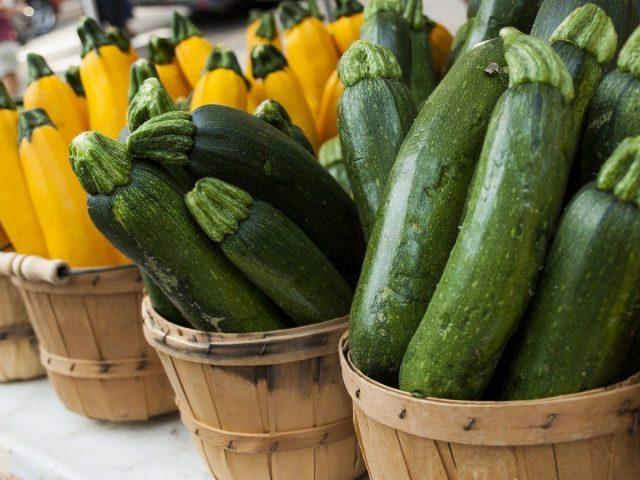
Fruits need to be cut with a stalk 5-7 cm long
Conclusion
Growing zucchini in bags is quite an exciting activity that allows you to get a harvest even if there is no free bed in your garden or dacha. However, it is worth understanding that this vegetable will not be able to fully bear fruit if there is insufficient lighting and watering, so you need to provide it with the necessary conditions for development. And then the first pumpkins can be harvested two weeks earlier than when grown in open ground.
Reviews about growing zucchini in bags
